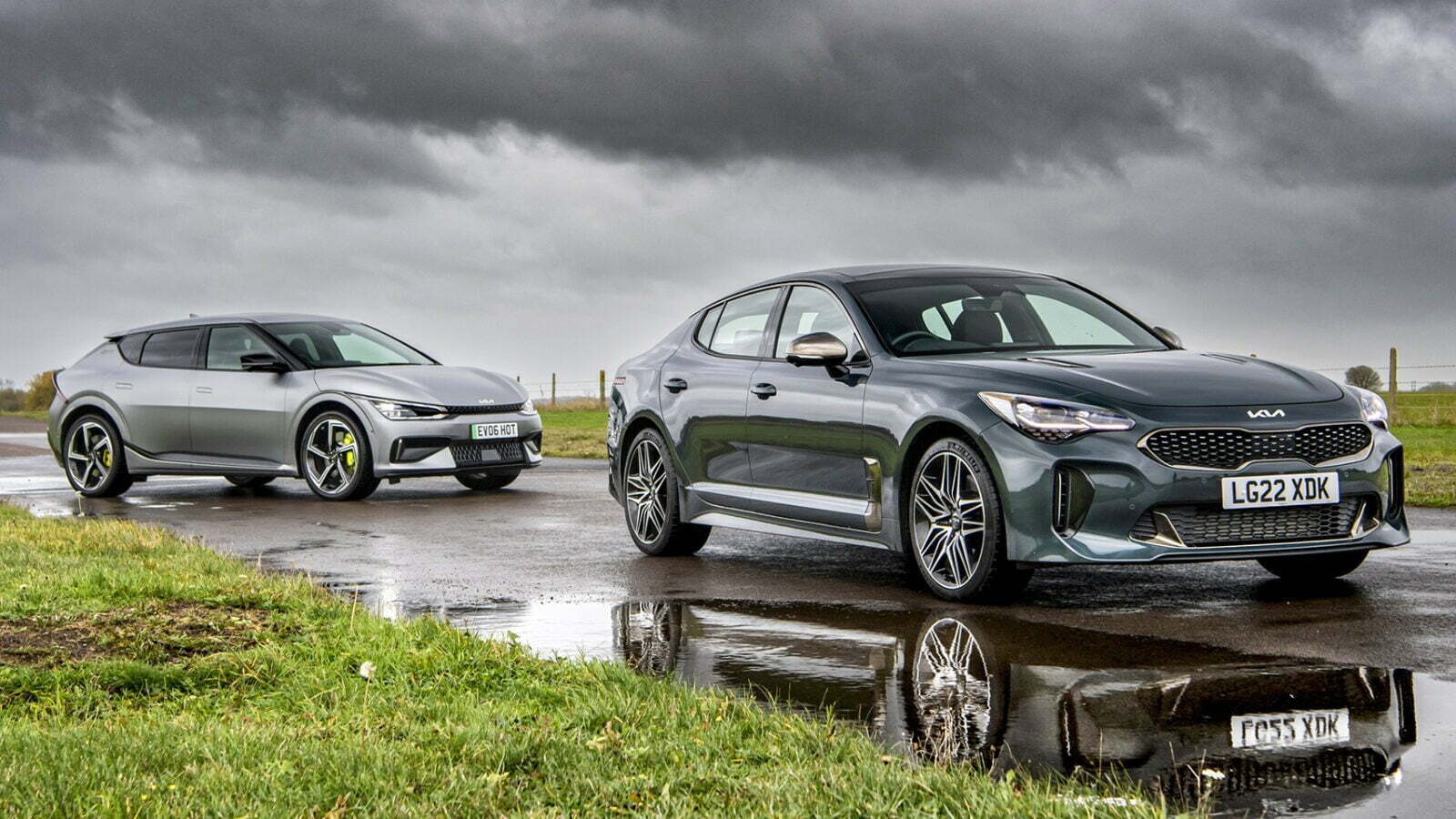We all need car insurance, and there’s no getting around it. But if you own more than one car, is it better to cover them separately or all together in a multi-car policy?
Many households have one or more cars parked on their driveway. And each one has to be insured before you can take it on the road. But they don’t have to be insured separately, and many cover providers will offer attractive multi-car policies to their customers.
It makes sense for them to do that, of course. That way, they earn your custom for not just one vehicle but two or more, and it helps retain that business over a longer period.
But while multi-car polices might seem an attractive way forward, they are not always the best route to take. The premium you pay will depend on several factors, including the vehicles you’re looking to cover and the ages of the people likely to be driving them.
What is multi-car insurance?
This popular programme allows you to combine multiple car insurance policies and put them altogether in one document. Most insurers will offer discounts for each car renewed under such as policy, which could mean noticeable savings for you.
You should get all the benefits offered from an individual car insurance policy (no claims discount, windscreen cover etc.), but with added discounts. Some insurers will offer cover for up to seven vehicles on one policy, which may even include family members that don’t live at the same address.
The terms and conditions will vary according to each insurer, so you’ll need to read your offer and policy documents carefully.
What are the benefits?
Save money: There are the potential financial benefits listed above as insurance providers reward loyal custom – and this is certainly one way of showing that.
Less paperwork: All the vehicles you are covering can be put together on one document, cutting out unnecessary paperwork, form signing, bank detail organising and tracking of different renewal dates.
Multiple addresses: You don’t necessarily have to live at the same address to qualify for multi-car insurance. Some policy providers will allow immediate family members to live at another property. This is convenient for people working away from home, for example, or for college or university students.
And the negatives?
Age limits: If one or more of the drivers you are including on a multi-car policy is young or an inexperienced driver, it could well push up the overall cost for all cars on the policy. Anyone with a poor driving record, or penalty points, might also affect the premium price.
Claims impact: If someone makes a claim on the policy it could affect the premium across all vehicles negatively when it comes to the next renewal day.
Payment: If one car on the multi-car policy is expensive and the others not so valuable, the more costly vehicle will push up the insurance quote. Having several cars coming up on one renewal date can be a bit daunting to pay for in one go. At least when you are covering several cars separately and at different times, you can spread the cost over the year.
Competition: It’s unusual for the same insurance company to offer you the best quote on several different cars if you’re getting individual quotes. So you may be missing out on the best price for each car you’re insuring, which may be more than what you save with a multi-car discount from one insurer.
What’s the verdict on multi-car policies?
There’s a good chance that a multi-car insurance policy will work out well for you and your family, especially if the cars being covered are all approximately the same value, and all drivers are sensible and without driving convictions and points.
It’s certainly helpful in terms of paperwork and admin, and there’s a good chance the deal will claw back some valuable motoring expenses too. It comes down to the drivers and vehicles – adding in restrictions such as ‘all drivers must be over-25’ will help to keep the premium down. Generally speaking, the more cars young have on one policy, the more you could save.
As always, the only way to really come to the right decision for you is to do your homework. That means working out what the cost of insuring every car and each of their drivers separately would cost, and then compare that with a multi-vehicle policy for your household. Based on those findings you can decide whether going multiple is for you or not.
And, it goes without saying, you need to repeat that exercise every year to make sure you’re still getting the best deal. Premiums can change significantly year-on-year, so what was best last year might not be the right solution next year.
Read more:






More Stories
Bentley Mulliner Bacalar: a modern Barchetta in the making
2023 Cadillac CT4-V RWD Review & Test Drive : Automotive Addicts
Buying A New Dash Camera: Guide On The Features